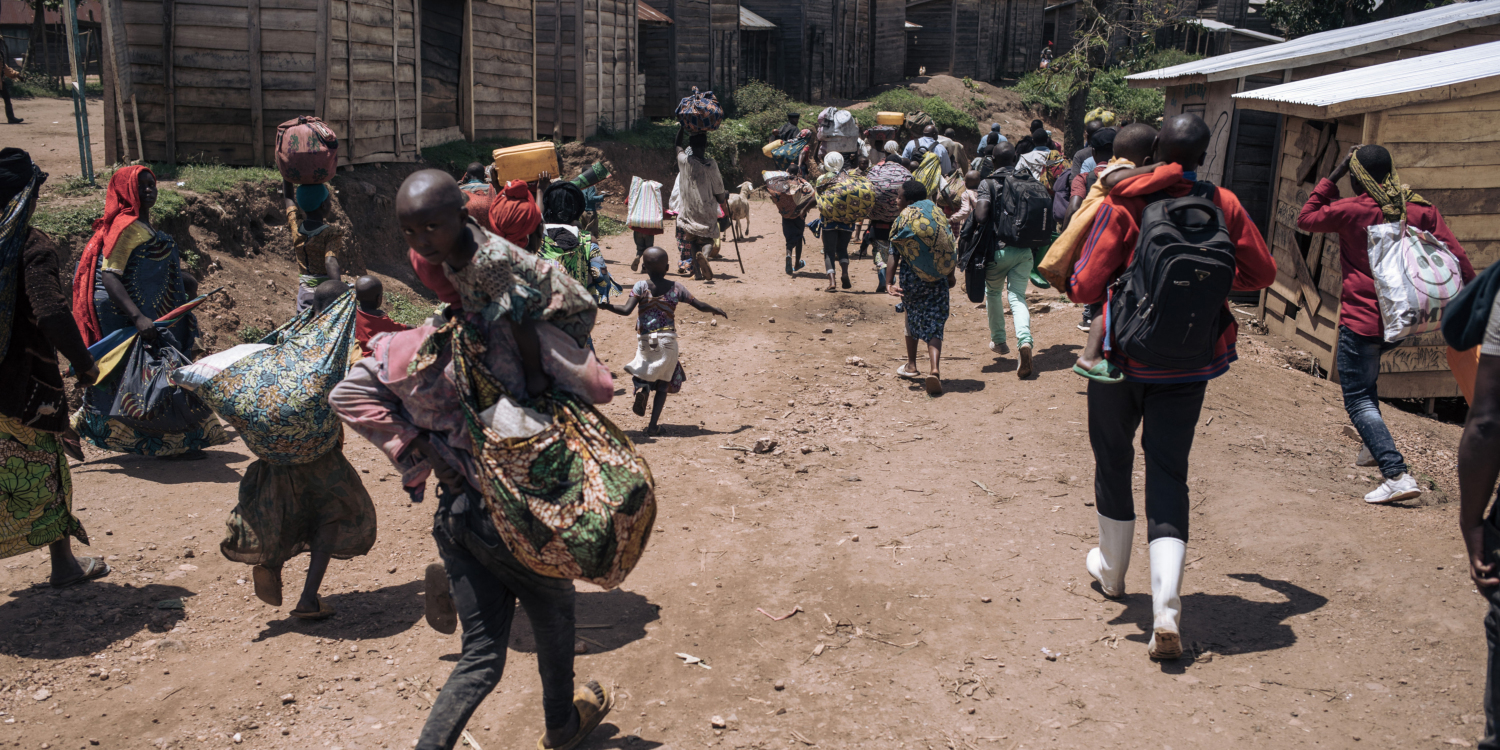A record 6.9 million people are currently displaced within the Democratic Republic of Congo (DRC), particularly due to renewed violence in the east of the country, the United Nations said ( UN) Monday. Indeed, fighting has intensified since the beginning of October north of Goma, the provincial capital of North Kivu, between the M23 rebellion on the one hand, the DRC army (FARDC) and armed groups known as “patriots”. ” on the other hand.
“One of the largest internal displacement and humanitarian crises in the world”
In a press release, the International Organization for Migration (IOM) emphasizes that a large majority of displaced people need humanitarian aid. “IOM is intensifying its efforts to respond to the complex and persistent crisis in the DRC, as the number of internally displaced people reaches 6.9 million people across the country, the highest number ever recorded,” indicates the UN organization .
“With ongoing conflict and escalating violence, the DRC faces one of the largest internal displacement and humanitarian crises in the world,” IOM continues. The resurgence at the end of 2021 of the M23 (“March 23 Movement”), a rebellion supported by neighboring Rwanda according to numerous sources, caused the displacement of hundreds of thousands of people in North Kivu and aggravated an almost permanent humanitarian crisis in eastern DRC for almost 30 years.
An urgent need for help
At the end of October, around 5.6 million displaced people from the DRC were established in the eastern provinces of North Kivu, South Kivu, Ituri and Tanganyika, according to the IOM, which specifies that the violence are the main reason for these trips. In North Kivu alone, nearly a million residents have fled their homes due to fighting involving the M23.
“The latest escalation of the conflict has driven more people from their homes in a very short period of time rarely seen in the past. We must urgently deliver aid to those who need it most,” said Fabien Sambussy, IOM head of mission in the DRC.
